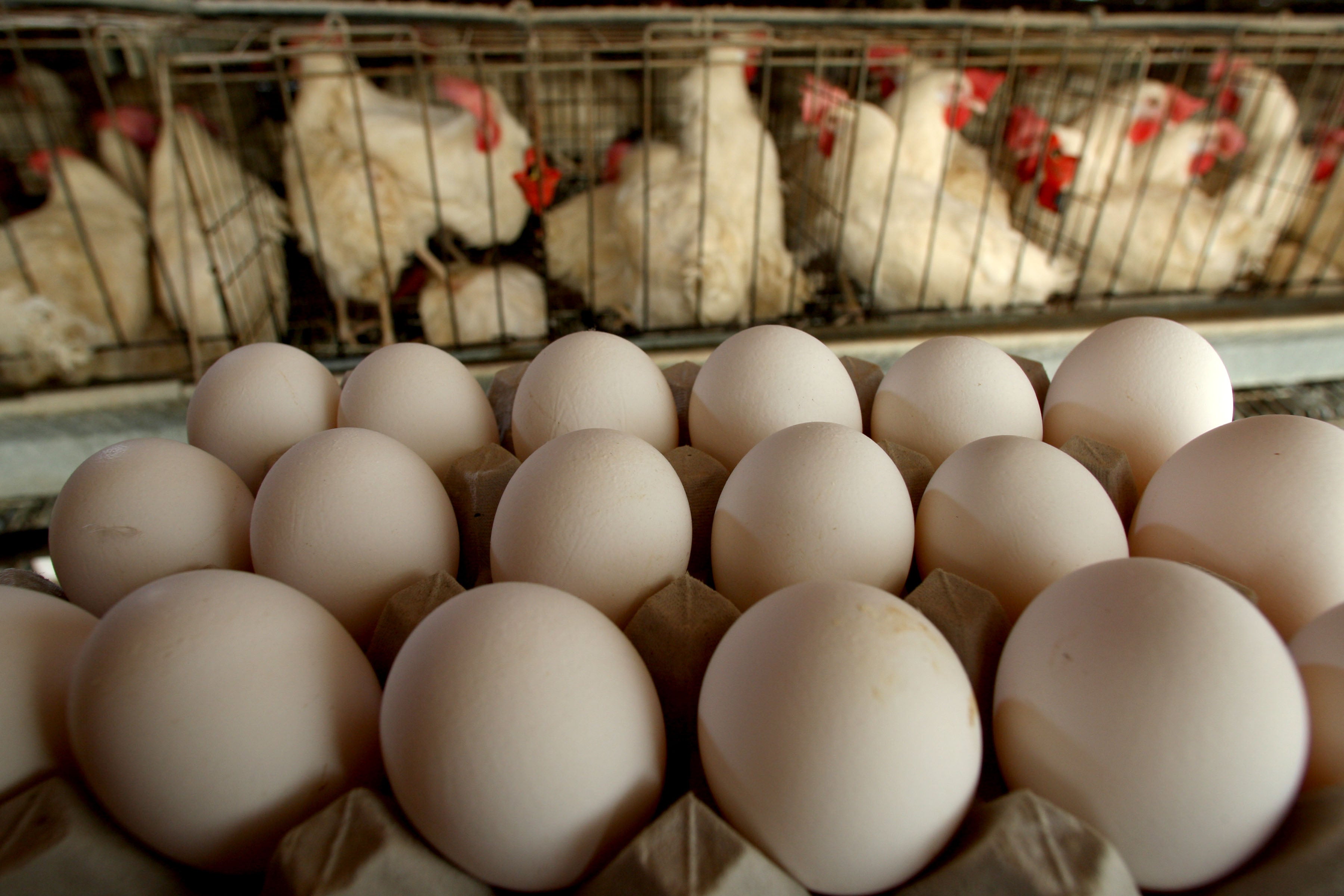At least 240,000 chickens killed in Florida fire
Financial loss estimated at $1m

Your support helps us to tell the story
From reproductive rights to climate change to Big Tech, The Independent is on the ground when the story is developing. Whether it's investigating the financials of Elon Musk's pro-Trump PAC or producing our latest documentary, 'The A Word', which shines a light on the American women fighting for reproductive rights, we know how important it is to parse out the facts from the messaging.
At such a critical moment in US history, we need reporters on the ground. Your donation allows us to keep sending journalists to speak to both sides of the story.
The Independent is trusted by Americans across the entire political spectrum. And unlike many other quality news outlets, we choose not to lock Americans out of our reporting and analysis with paywalls. We believe quality journalism should be available to everyone, paid for by those who can afford it.
Your support makes all the difference.At least 240,000 chickens were killed when a fire swept through two densely packed barns in Florida owned by one of the nation’s largest distributors of shell eggs, authorities said.
The fire was reported around 1am on Tuesday by farmhands at the Cal-Maine Foods facility in Dade City, Florida, Shawn Whited, operations division chief for the Pasco County Fire Rescue, said in an interview.
Both barns that were destroyed housed two large coops, each of which had been filled with more than 60,000 young hens, known as pullets, that had not yet started to lay eggs, officials said. The farm is in a rural part of the county — about 40 miles northeast of Tampa — that does not have fire hydrants.
“So we had to bring in tanker trucks,” Mr Whited said.
The cause of the fire was under investigation by the state fire marshal, according to Mr Whited, who said that the financial loss had been estimated at $1m (£700,000). The farm — one of dozens of facilities that Cal-Maine Foods, based in Jackson, Mississippi, operates across the country — has four barns altogether.
The blaze was the latest in a spate of barn fires across the United States that have drawn the scrutiny of animal welfare groups, which had previously criticized Cal-Maine Foods about the conditions at its facilities.
Max Bowman, the chief financial officer and a vice president of Cal-Maine Foods, said in an interview Thursday night that 2 to 3 per cent of the company’s pullets had been lost in the fire and that it was not expected to disrupt production.
“Our core asset are these pullets and these hens,” Mr Bowman said. “We take every reasonable measure to take care of them. That’s our regret that we lost those birds.”
Mr Bowman said pullets do not have the body mass of fully developed chickens and need to be kept warm, which may have contributed to the fire.
“It usually comes down to some sort of heating problem or electrical problem,” he said.
On the company’s website, Cal-Maine Foods estimated that it accounted for 19 per cent of shell eggs consumed in the United States. Eggland’s Best and Land O’ Lakes are produced and processed at Cal-Maine Foods facilities, the company’s website said.
Earlier this week, the Animal Welfare Institute estimated that more than 1.6 million farm animals had died in barn fires in the United States this year, 1.3 million of which were cage-free hens.
“It is completely unacceptable for the industry to tolerate massive numbers of animals burning to death when there are effective fire prevention and suppression strategies available,” Dena Jones, farm animal program director for the group, said in a statement two days before the fire in Florida.
New York Times



Join our commenting forum
Join thought-provoking conversations, follow other Independent readers and see their replies
Comments